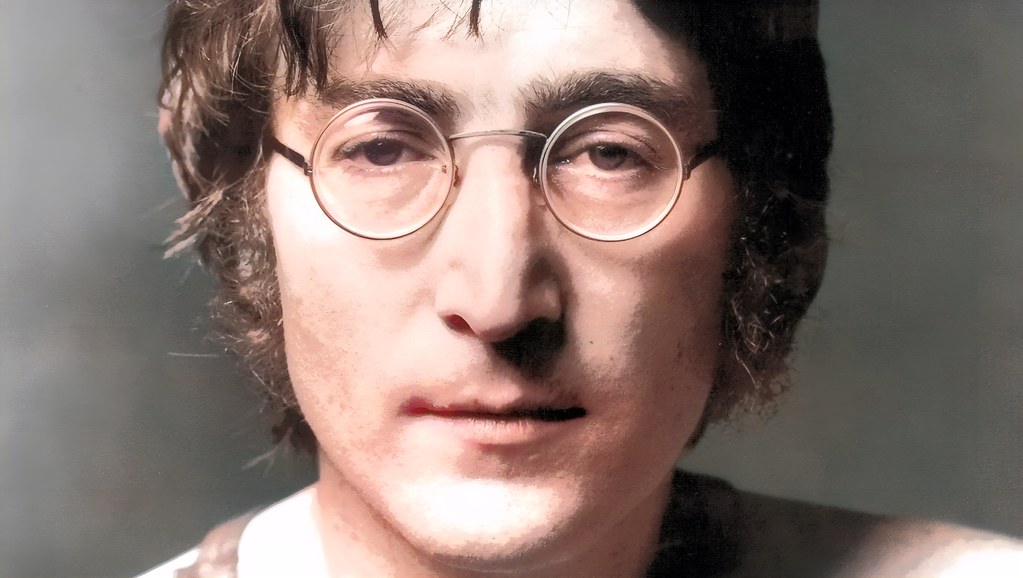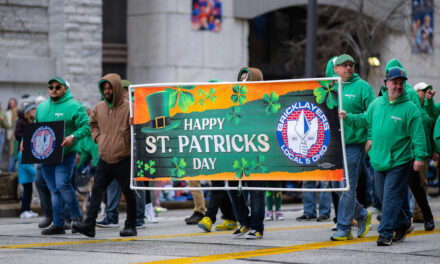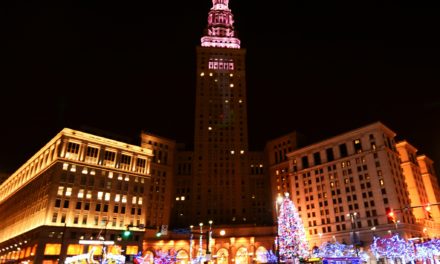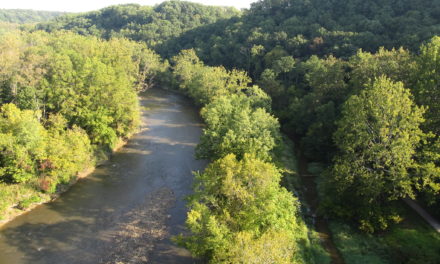CLEVELAND HISTORY
First Broadcast of WMMS Radio Station (December 6, 1948): Known as “The Buzzard,” WMMS radio station began broadcasting in Cleveland. It became hugely influential in the rock music scene during the 1970s and 1980s, helping to break major acts like Bruce Springsteen and David Bowie in the region.
Opening of Cleveland’s Public Auditorium’s Music Hall (December 3, 1964): The Music Hall, part of the Public Auditorium complex, was inaugurated, providing a major venue for concerts, theatrical performances, and public events. This addition enhanced Cleveland’s cultural landscape and became a key venue for significant cultural and civic events.
First Holiday Lighting of Cleveland’s Public Square (December 6, 1955): This inaugural event marked the beginning of what would become an annual tradition of lighting up Public Square during the holiday season. It features festive lights and decorations, bringing together the community for a celebration that heralds the start of the festive period in Cleveland.
Establishment of the NASA Glenn Research Center (December 3, 1941): Originally named the Aircraft Engine Research Laboratory, part of the National Advisory Committee for Aeronautics, this facility was established to advance aviation technology. It played a crucial role during World War II and evolved into a pivotal NASA research center, significantly contributing to advancements in aerospace technology and space exploration.
First Coronary Artery Bypass Surgery at Cleveland Clinic (December 8, 1978): This medical milestone at the Cleveland Clinic marked a significant advancement in cardiovascular treatment, establishing the clinic as a leader in innovative medical procedures and patient care.
WORLD HISTORY
Napoleon Bonaparte’s Coronation (December 2, 1804): Napoleon Bonaparte was crowned Emperor of the French at the Cathedral of Notre Dame in Paris. This ceremony, officiated by Pope Pius VII, marked a significant transformation from the French Republic to the French Empire, solidifying Napoleon’s authority and altering European political landscapes profoundly.
Bhopal Disaster (December 3, 1984): One of the worst industrial disasters in history occurred in Bhopal, India, when a pesticide plant owned by Union Carbide leaked a vast amount of methyl isocyanate gas. This catastrophic event resulted in thousands of immediate deaths and continued health problems for the local population, raising global awareness about industrial safety and environmental protection.
Great Smog of London Begins (December 4, 1952): A deadly smog descended upon London, caused by cold weather, windless conditions, and airborne pollutants from coal burning. The smog lasted for several days, leading to severe public health consequences and thousands of premature deaths. This environmental disaster prompted significant changes in clean air policies and public health protections.
Anglo-Irish Treaty Signing (December 6, 1921): The Anglo-Irish Treaty was signed, effectively ending the Irish War of Independence against Britain. This treaty established the Irish Free State, which later evolved into the modern Republic of Ireland, marking a critical moment in the struggle for Irish independence and altering the geopolitical landscape of the British Isles.
Assassination of John Lennon (December 8, 1980): John Lennon, a former member of The Beatles and a prominent peace activist, was assassinated in New York City. His death not only shocked the world but also had a lasting impact on music, culture, and discussions around violence and gun control.







